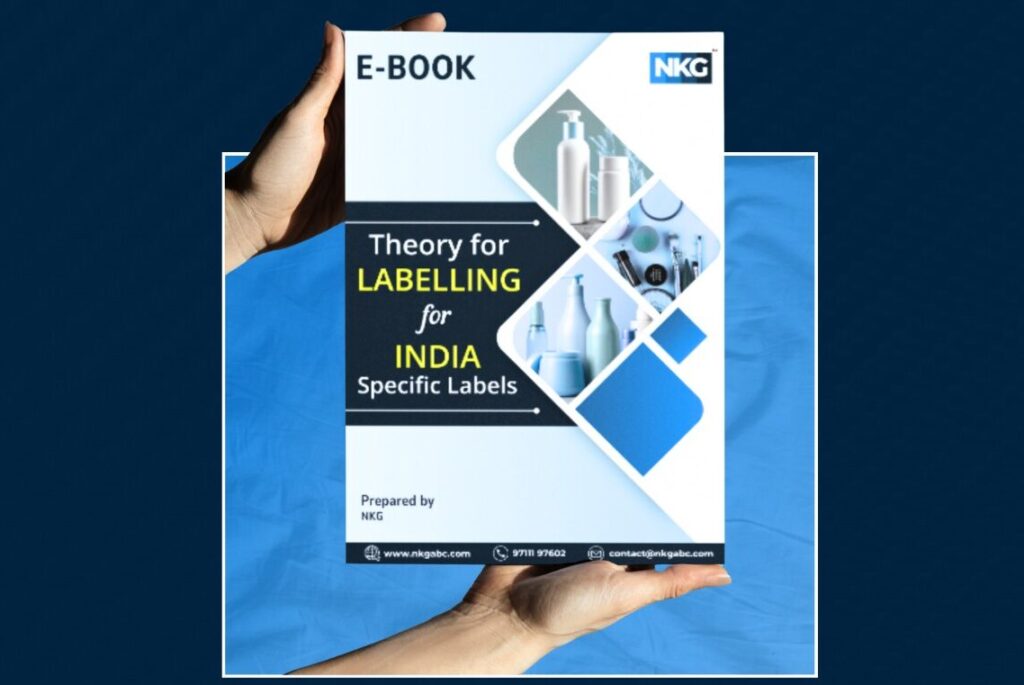Introduction
The medical device industry is always changing, with new ideas improving patient care all the time. But with these advancements comes an important responsibility of making sure that devices are safe and high-quality. That’s where IS 23485 Certification becomes essential. You’re in the right place if you’re a medical device manufacturer looking to grow in India or want to understand regulatory standards better. Let’s explore why IS 23485 Certification is so important for the medical device industry and how it can benefit your business.
What is IS 23485 Certification?
IS 23485 is the Indian Quality Management System (QMS) standard for medical devices. It is similar to international standards like ISO 13485, but it was developed to fit India’s unique regulations. More than just a regulatory requirement, IS 23485 provides a strong framework to ensure that medical devices are safe, effective, and reliable throughout their use.
Here’s the interesting part: IS 23485 Certification is not only about following rules. It is also about earning trust. When your devices meet these standards, you’re showing hospitals, clinics, and patients that your products have been carefully tested before being released to the market.
Why Does IS 23485 Certification Matter?
Imagine a world where medical devices fail when they’re needed the most, a scary thought, right? IS 23485 Certification helps prevent this by ensuring that all devices on the market are top-quality. Here’s why it’s so important.
- Regulatory Compliance: Following regulations is a crucial process now in the Indian Market. IS 23485, similar to ISO 13485 but made for India, ensures your devices meet the strict standards set by Indian authorities.
- Better Market Access: If you are passionate to launch your medical device in India? Without IS 23485 Certification, it’s tough to enter the market.
- Patient Safety and Trust: This certification promotes patient safety first. Devices that meet IS 23485 standards lower risks and build trust with both patients and healthcare providers.
How Does IS 23485 Compare to ISO 13485?
You might wonder how IS 23485 is different than ISO 13485. IS 23485 is India’s version of the international ISO 13485 standard, with a few adjustments to match the country’s regulatory and healthcare needs.
Benefits of IS 23485 Certification for Your Business
Getting IS 23485 Certification is more than just a legal requirement, it’s a valuable business asset. Here’s why:
- Increased Credibility: The certification creates trust among your, clients, and partners that your devices are safe, reliable, and high-quality.
- Expanded Market Reach: The certification helps you with access to India’s fast-growing medical device market, which is expected to grow even more in the coming years.
- Reduced Liability: Following such strict standards, helps lower the risk of product recalls, legal issues, or harm to patients.
Common Challenges and How to Overcome Them
Getting certified can be challenging, such as:
- Documentation Overload: Keeping track of all the required documents can make you exhausted. A well-organized Quality Management System (QMS) can help manage this more easily and effectively.
- Audits and Inspections: Be ready for on-site audits. Conducting your internal audits beforehand can save time and lower the risk of non-compliance.
- Process Alignment: Adjusting your processes to meet IS 23485 standards may take time, but it comes with long-term benefits, like more market access and less liability, which makes it worth the effort.
Conclusion: Why IS 23485 Certification is Key for Medical Device Manufacturers
Getting IS 23485 Certification not only sets you apart from competitors but also ensures your products meet the highest standards of safety and quality. For manufacturers, this certification goes beyond just following the rules, it shows your dedication to patient safety and the reliability of your products.
Ready to tap into India’s fast-growing healthcare market? Start your journey with IS 23485 Certification today. Your future customers, and their safety, are counting on it.
Conclusion:
In India’s rapidly evolving electronics and IT landscape, the BIS Compulsory Registration Scheme plays a crucial role in ensuring the safety, quality, and reliability of lithium-ion batteries. By adhering to the stringent testing requirements and obtaining BIS registration, manufacturers and importers can demonstrate their commitment to consumer safety and gain access to the Indian market. While the certification process may seem daunting, seeking professional assistance can simplify the journey and increase the chances of successful BIS registration. Ultimately, compliance with BIS standards not only protects consumers but also fosters trust and confidence in the lithium-ion battery industry, paving the way for its sustainable growth and innovation.







